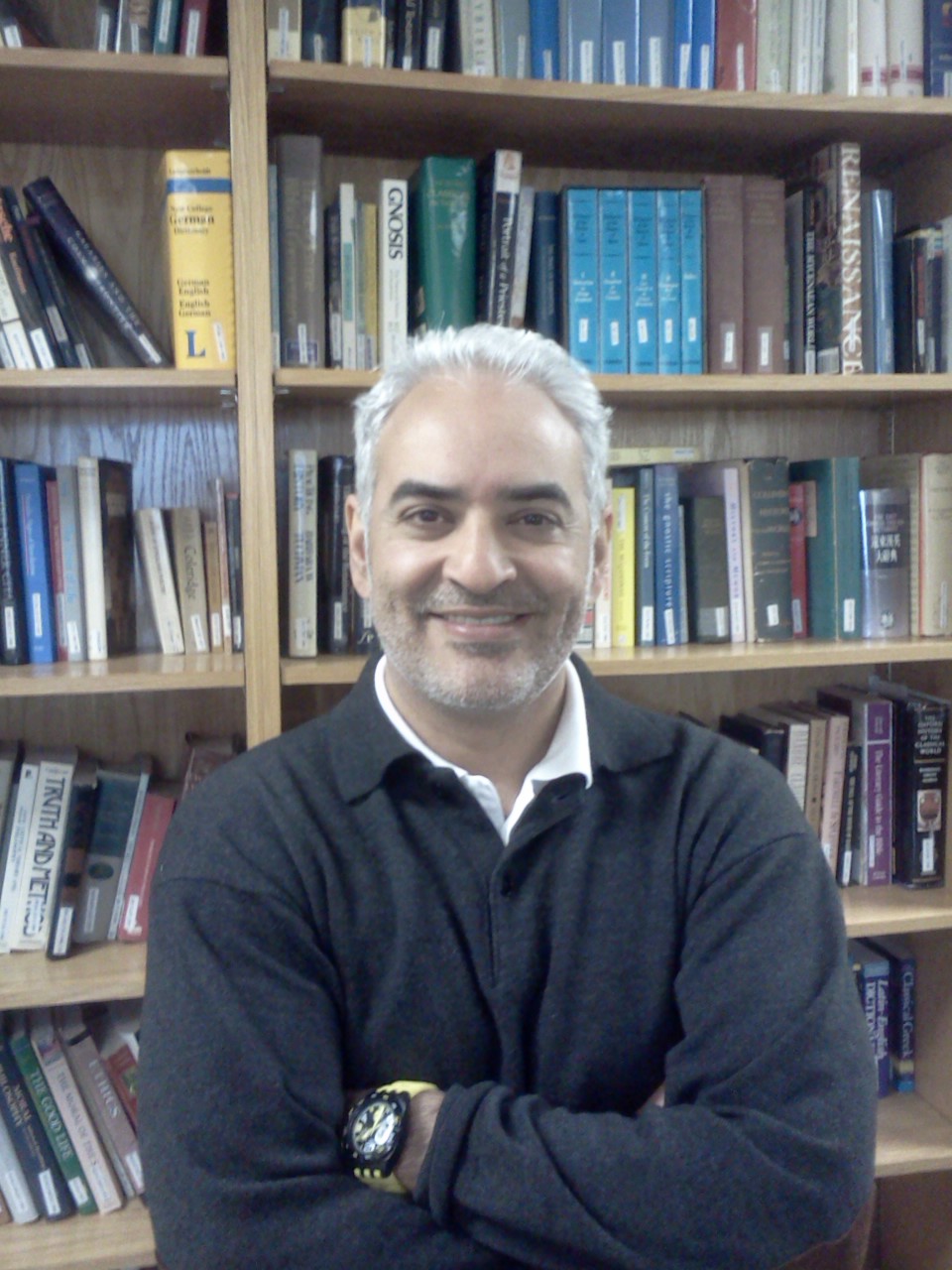Sassan Tabatabai won the 2023 Persian Translation Prize for his translation of Sadeq Hedayat’s Blind Owl. Tabatabai holds a prominent position as the head of the Persian program at Boston University, where he regularly teaches all levels of Persian language and literature. His multifaceted expertise extends beyond academia, encompassing roles as a poet, translator, editor, and scholar specializing in medieval Persian literature. His work has appeared in a number of publications including Essays in Criticism, The Christian Science Monitor, Literary Imagination, The Republic of Letters, Senecca Review, Leviathan Quarterly and Harvard Review Online. He is the author of Father of Persian Verse: Rudaki and his Poetry (Leiden University Press, 2010), Uzunburun: Poems (Pen and Anvil, 2011) and Sufi Haiku (Nemi Books, 2021).





